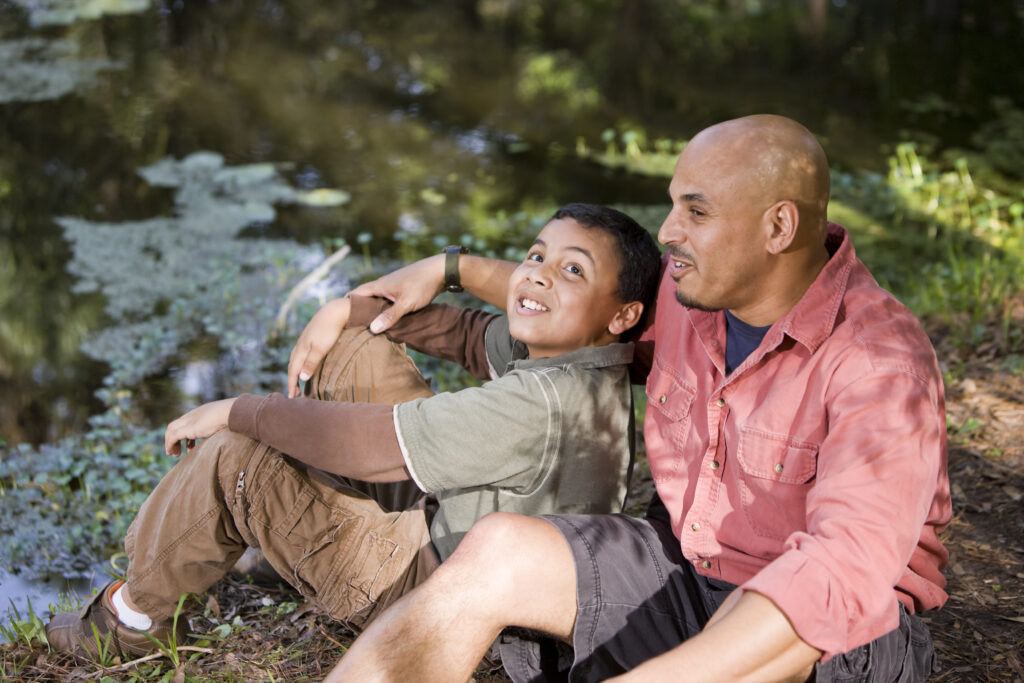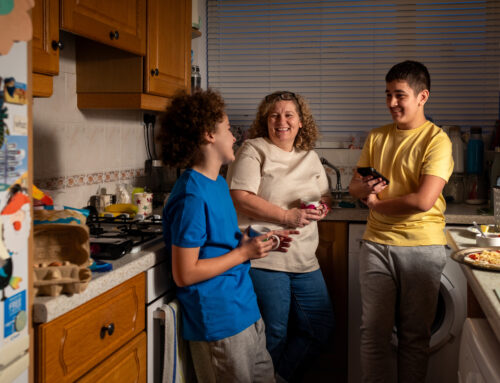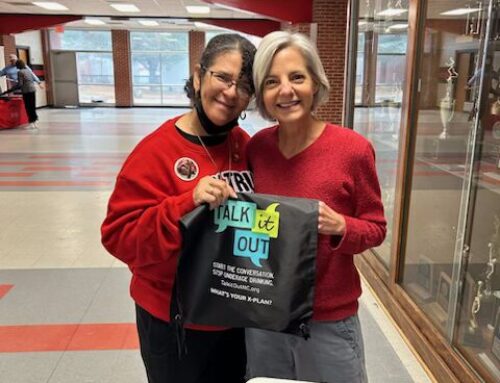How to Explain Alcohol to a Child


Talking to kids about alcohol and drinking may seem like something that can wait until they’re in high school, but experts say that time frame may be too late. A report from The American Academy of Pediatrics suggests parents should start talking to their children about alcohol as early as age nine. It may seem scary, but figuring out how to explain alcohol to a child is less difficult with expert tips to start the conversation and prevent underage drinking.
Fast Facts About Kids & Alcohol
Check out what kids in North Carolina say about underage drinking:
- 94% of North Carolina students say underage drinking is a problem.
- Most teens say they first tried alcohol around age 14.
- 8 in 10 middle schoolers say that if parents spoke more often to their children about underage drinking, it would help stop the problem.
Deciding how to explain alcohol to a child is not as hard as parents may think.
Start with Small Conversations
Instead of sitting down for one big production, having several small conversations will help your child feel more comfortable and more likely to come to you if they have a problem. The car, the dinner table, or taking the dog for a walk, are all easy opportunities to talk to your kids about the risks of underage drinking.
Here are some ideas for how to talk it out:
- A discussion between you and your spouse about who will drive home after dinner with drinks.
- A reminder to your child as they head out the door with friends.
- A chat with your child when they ask for a sip.
Be sure to arm your kids with practical information about the short-term and long-term effects of alcohol on their still-developing brains.
Explain How Alcohol Affects the Body
When thinking about how to explain alcohol to a child, it is important that you keep it simple. Kids don’t need a chemistry lesson, they just need the basics. When you drink alcohol, it moves from the stomach to the bloodstream and then the brain. That’s when it starts to slow your thinking, movements, and speech. The more alcohol you drink, the more your brain and body slow down.
The negative effect of alcohol lasts far longer in a teenager’s brain than in an adult’s — up to two weeks. And if a teenager uses alcohol before his or her brain is fully developed, it can keep the good judgment and impulse-control part of the brain from properly developing.
Set Clear Expectations
As an adult, you may have a beer or glass of wine on occasion, and that’s okay. Explain that it’s illegal for anyone under the age of 21 to drink alcohol and when they turn 21, they can make that decision for themselves. Until then, set a zero-tolerance policy and outline consequences about underage drinking for your family.
Kids will be curious about alcohol and may feel pressured to experiment with drinking. Help them prepare for those situations by brainstorming ideas about what to do if they feel pressured to drink alcohol at a friend’s house or party. For example, create a code word or phrase they can text you if they’re in an uncomfortable situation. The text is a signal for you to call with a made-up reason why they need to come home. A good plan will help your child take control of a potentially bad situation.
When kids feel that you’re being real and honest with them, they’ll be more likely to respect your rules and come to you when they have a problem.
Work as a Family to Stop Underage Drinking
Take the Pledge to stop underage drinking and keep the conversation going. The pledge program helps parents and teens work together to keep kids safe. Parents promise to set a healthy example regarding alcohol and teens promise to play it safe when it comes to underage drinking.
As parents, you know kids will be exposed to underage drinking at some point outside your home. Every conversation you have now helps kids feel confident that you’re in this together. Hopefully, you now have a head start on how to explain alcohol to a child and will be prepared to prevent underage drinking in your household.



